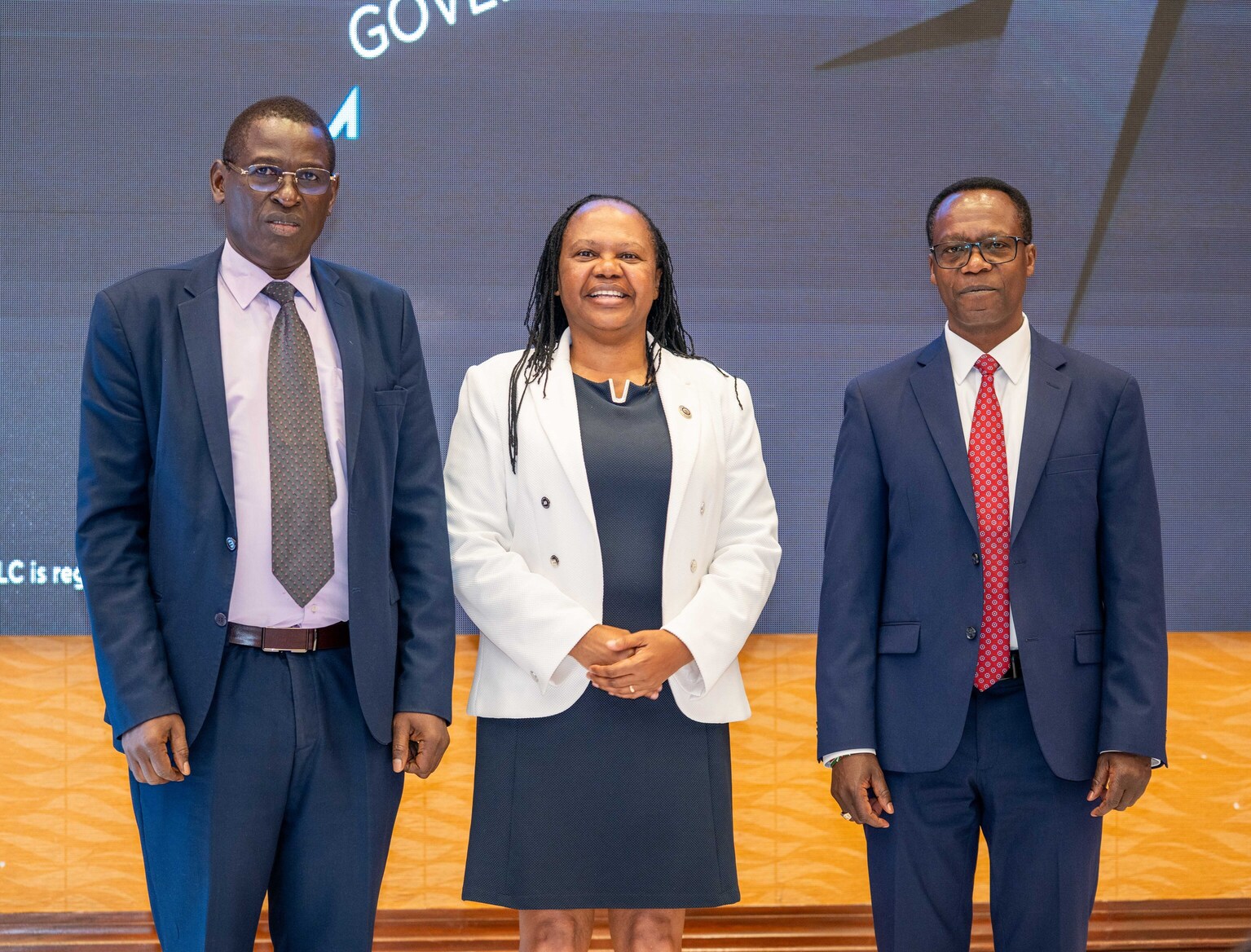
Governance and accountability gaps remain a concern for Savings and Credit Cooperative Organisations (Saccos), with recent reports from the Sacco Societies Regulatory Authority (SASRA) revealing that the sector lose over Sh3 billion annually due to fraud, poor oversight, and weak internal controls.
This loss is attributed to various factors, including unremitted staff dues, liquidity challenges, and failure to meet prudential standards.
Speaking during Saccos empowerment forum supported by NCBA Group in Nairobi on Wednesday, Co-operatives Commissioner, Ministry of Co-operatives Transformation and MSME Development, David Obonyo said that these issues hinder Saccos' ability to adequately and efficiently disburse loans, impacting member confidence and potentially leading to further financial losses.
“As a ministry, we are committed to working hand in hand with financial institutions like NCBA to create a thriving, transparent and technology-driven SACCO ecosystem,’’ Obonyo said.
He added that through strengthened governance, access to capital, and digital, SACCOs cab remain ethical, competitive, and future-ready.
“The success of Saccos relies on the strength of their governance and ability to embrace innovation.”
Experts from across the cooperative and financial sectors explored best practices in board oversight, cybersecurity readiness, and the role of innovation in delivering sustainable Sacco growth.
NCBA’s Group managing director, John Gachora, emphasised the crucial role SACCOs play in the economy and the importance of governance and innovation in ensuring business continuity.
He said that the Sacco sector continues to play a critical role in Kenya’s financial inclusion journey, boasting over six million members and over Sh1 trillion in assets.
According to him, NCBA continues to provide a robust suite of SACCO solutions including core banking systems, payment integrations, digital lending platforms, and training programs focused on governance and digital transformation
“ In the Sacco space, this means deep listening, co-creating products with SACCO leaders, and ensuring we deliver tools that enhance operational efficiency, member value, and long-term resilience,’’ Gachora said.
“We believe that empowering Saccos to serve their members better is not just a business priority — it is a national development goal.”
The forum is coming on back of a damning forensic audit by PricewaterhouseCoopers (PwC) that laid bare the extent of mismanagement and fraud at the Kenya Union of Savings and Credit Cooperatives (KUSCCO), the umbrella organization for Savings and Credit Cooperative Societies (SACCOs) in the country.
The findings not only exposed the rot within KUSCCO but also casted a harsh light on the regulatory environment governing Kenya’s cooperative movement, raising urgent questions about the future of the SACCO sector.
The audit noted that the organization was effectively insolvent, with liabilities exceeding assets by a staggering Sh12.5 billion.
This
financial abyss was the result of years of systematic fraud, mismanagement, and
governance failures that went unchecked due to regulatory blind spots and
complicit leadership.
At least Sh13.8 billion was systematically stolen at the Sacco ambarella body.








![[PHOTOS] Boniface Kariuki honoured with flag-draped coffin](/_next/image?url=https%3A%2F%2Fcdn.radioafrica.digital%2Fimage%2F2025%2F07%2Fc7df13cc-0b58-4ec7-b6a4-7e32e1d9ec63.jpg&w=3840&q=100)


